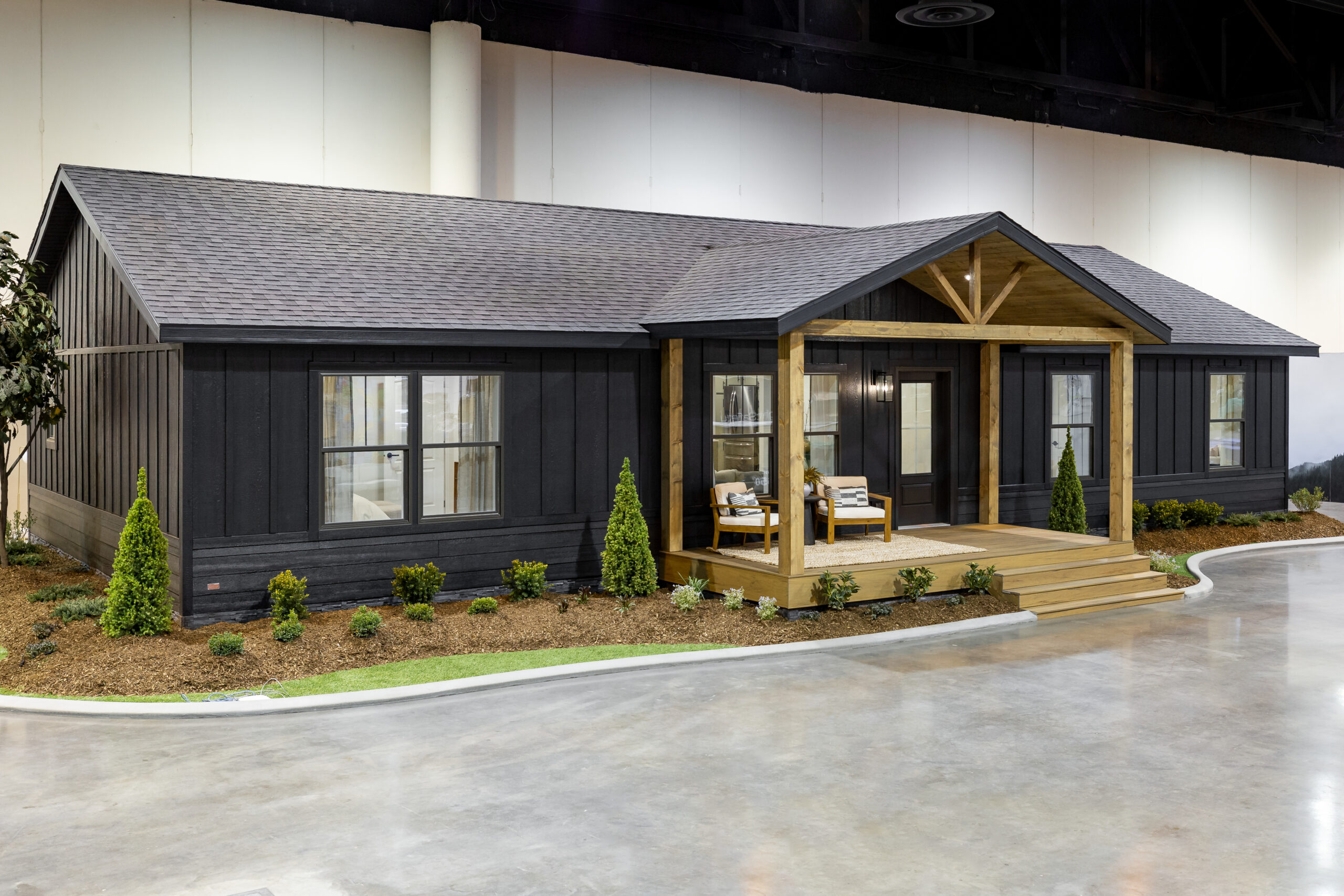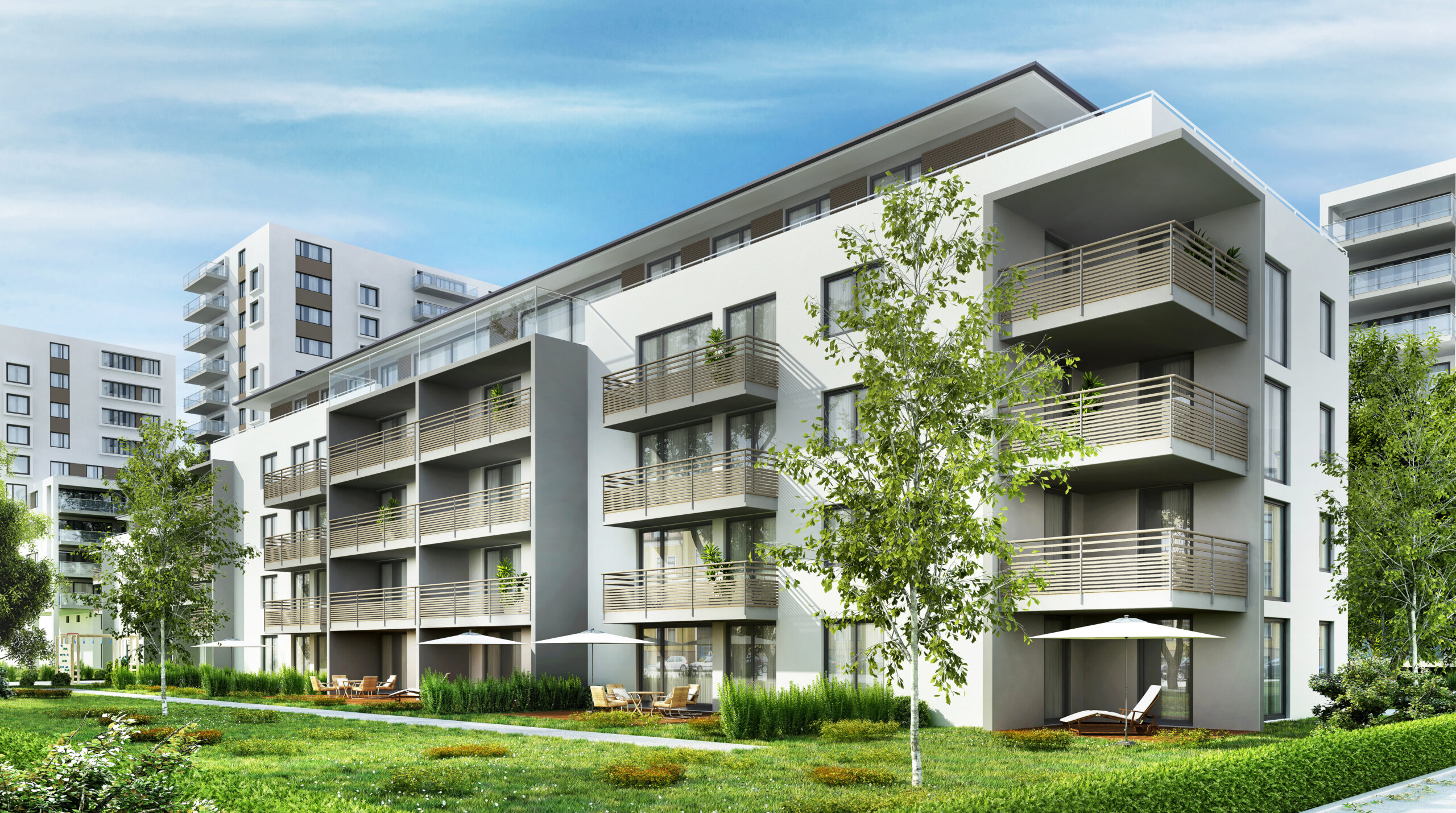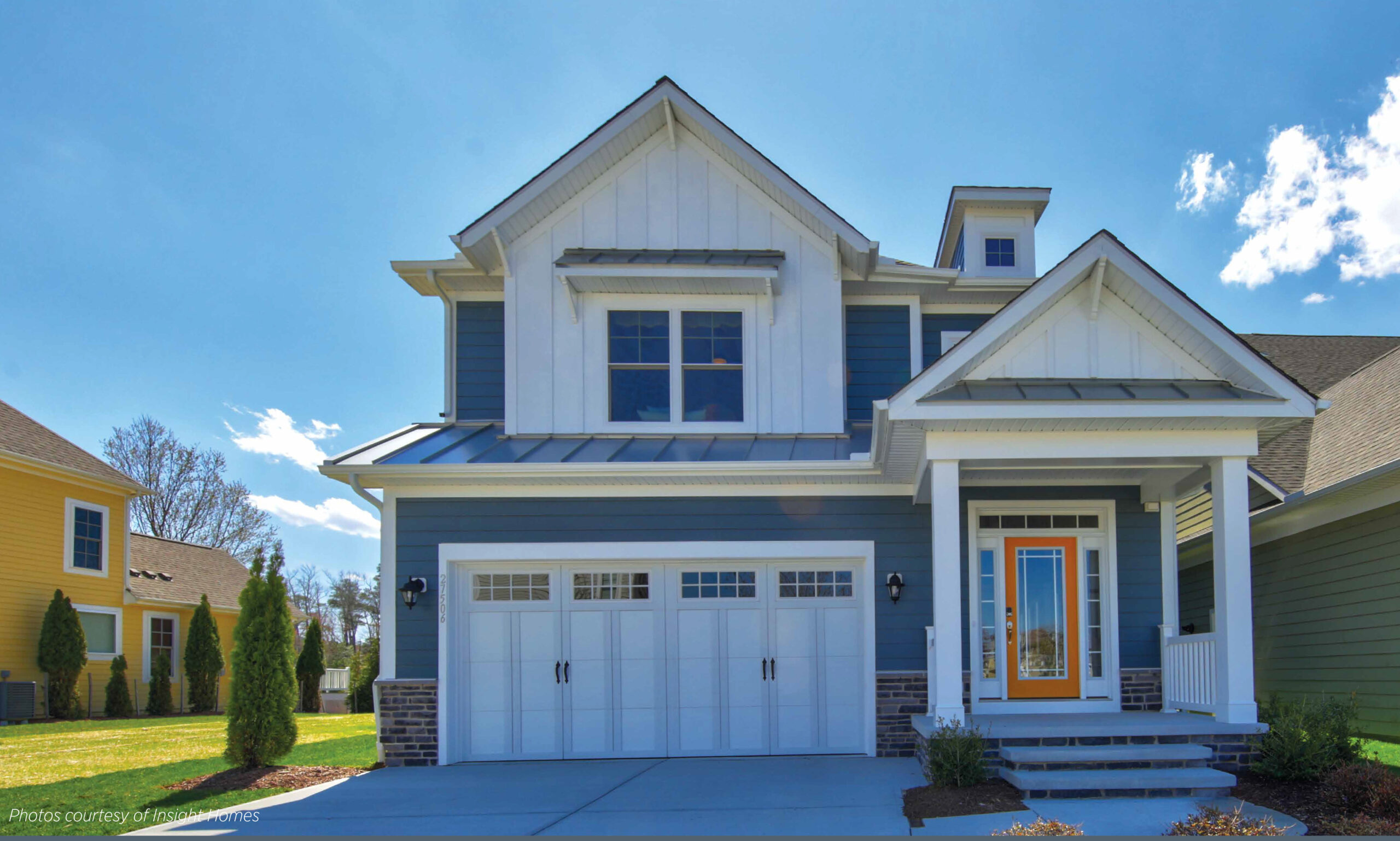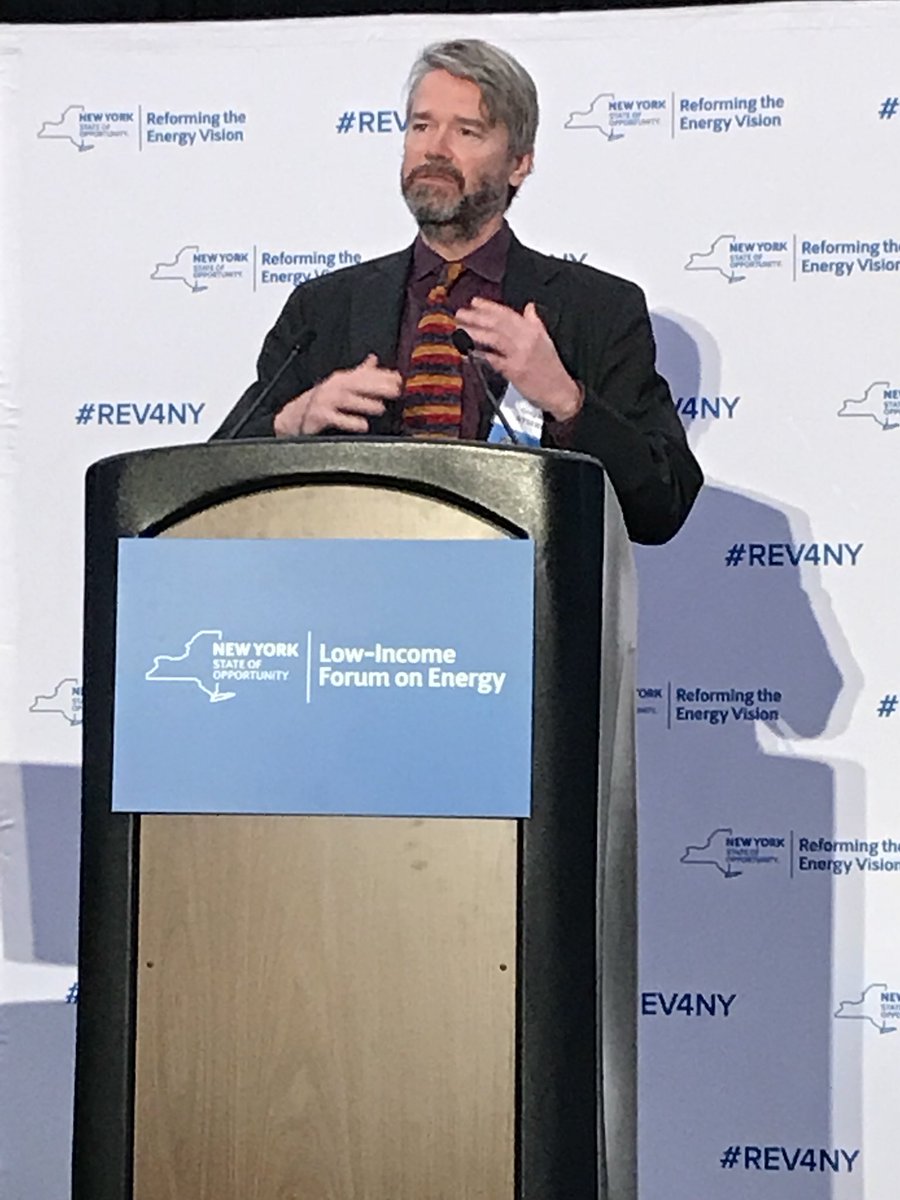Clayton Homes (a Berkshire Hathaway Company) last month unveiled its first Net Zero home to the public. The company, one of the largest national builders of off-site and site-built homes, paired several energy efficiency upgrades and a solar roofing system to deliver the CrossMod model home it says is both sustainable and attainable.
Details »Insulation Institute Blog
Posts Categorized: Net Zero
Award-Winning Construction with Fiberglass
Each year since 2013, the U.S. Department of Energy (DOE) Housing Innovation Awards recognize forward-thinking builders who construct homes that are Zero Energy Ready (with net zero achievable with the addition of solar panels). Among the winners of the 2021 Housing Innovation Awards is Milwaukee-area builder Tim O’Brien Homes, which took a top prize for a 3,000 square foot high-performance custom home insulated with blown-in fiberglass insulation.
Details »Three Ways Designers Can Drive Net Zero
Architects play a critical role in the push to decarbonize the built environment, which accounts for 40 percent of global CO2 emissions. A new and urgent global appeal to architects to accelerate their participation in decarbonization is being driven by the founder of Architecture 2030, Edward Mazria. He recently wrote an open letter urging designers to cut carbon emissions in response to a new intergovernmental assessment on climate change. In that letter, Mazria highlights three steps designers can take to accelerate zero carbon goals.
Details »Chasing Greater Energy Efficiency in New Homes
Residential building energy code adoption and implementation have expanded steadily in the U.S. in recent years, with roughly 40 percent of states having a residential energy efficiency code that is equivalent to or higher than the 2015 IECC. With all the progress that’s occurred in recent years, is the building industry reaching peak efficiency? If not, what more can be done to spur states to adopt and enforce building energy efficiency codes, and how does the industry support home builders still struggling to understand new codes? Insulation Institute spoke with Matthew Cooper, Senior Vice President of PEG LLC, about the current state of code adoption, implementation, and enforcement and what measures could improve energy-efficient construction in the U.S. today and in the future.
Details »The Housing Guy Talks Zero Energy’s Expansion
In the past three months, Sam Rashkin, chief architect of the U.S. Department of Energy’s Building Technologies Office, has been traveling non-stop, speaking at meetings and conferences about the expansion of zero energy buildings in the United States. While accustomed to an exacting traveling and speaking schedule, the demands on his time likely accelerated with word that Rashkin will retire from the DOE and his role as chief housing-efficiency advocate at the end of the year. Insulation Institute recently caught up with Rashkin for an assessment on zero energy building today and where it’s headed in the future.
Details »Builder Spotlight: Insight’s Innovation Win
DOE’s Housing Innovation Awards recognize the best in home building innovation on the path toward Net Zero. Among this year’s winners in the production home category is Insight Homes, a Delaware builder and previous innovation award winner. Insight’s ability to evolve its construction practices to take advantage of the latest in building science developments and energy-efficient construction techniques are among the characteristics that set this exceptional builder apart from the competition.
Details »A Model for the Net Zero Built Environment
New York State Energy Research and Development Authority (NYSERDA) has some of the most advanced policies and programs in the country to support a net zero built environment for existing and new construction homes. Other states would do well to follow their lead.
Details »Don’t Park the Prius on the Roof!
Don’t Park the Prius on the Roof
In this age of technology, one of the great ironies of modern home shopping is that buyers more often than not consider resale homes first over new construction. In fact, in some markets, up to 90 percent of homes sold are lower priced, less efficient resale homes. Homebuilders can reverse that trend by demonstrating how and why newer homes outperform resales.
Details »